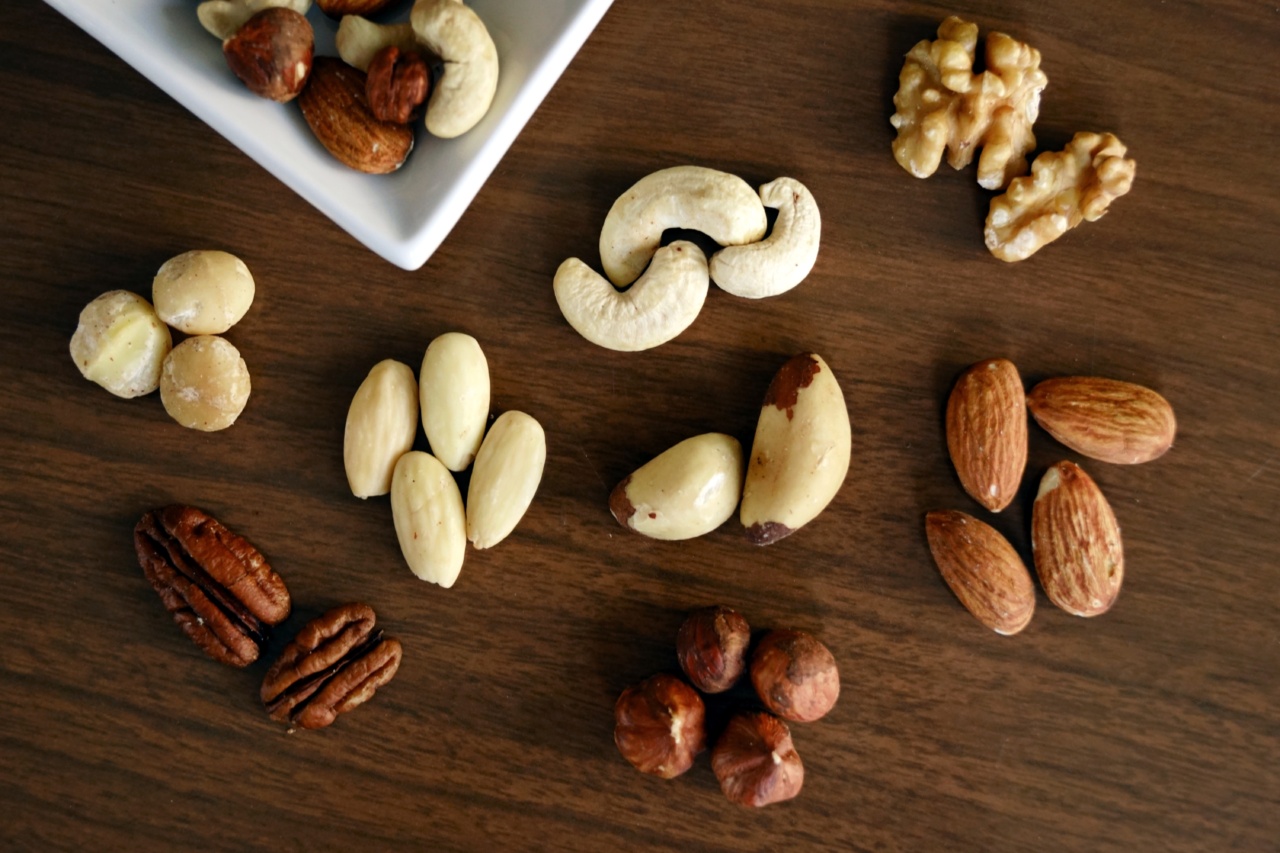Sesame seeds are tiny, oil-rich seeds that have been used in various cuisines for thousands of years. They are known for their distinct nutty flavor and crunchy texture.
Besides being a popular ingredient in cooking, sesame seeds also offer a range of health benefits. In this article, we will explore the nutritional profile and various health benefits of sesame seeds.
Nutritional Profile of Sesame Seeds
Sesame seeds are packed with essential nutrients that contribute to overall health and well-being. Here is a breakdown of the nutritional content of sesame seeds:.
- Protein: Sesame seeds are a good source of plant-based protein, containing all the essential amino acids required by the body.
- Fiber: These tiny seeds are high in dietary fiber, which aids in digestion and promotes a feeling of fullness.
- Healthy Fats: Sesame seeds are rich in healthy fats, including monounsaturated and polyunsaturated fats, which are beneficial for heart health.
- Vitamins and Minerals: Sesame seeds are a good source of important vitamins and minerals such as calcium, iron, magnesium, phosphorus, zinc, and vitamin B6.
Health Benefits of Sesame Seeds
1. Heart Health
The healthy fats present in sesame seeds help lower bad cholesterol levels and increase good cholesterol levels. They also contain phytosterols, which reduce the absorption of cholesterol in the body.
Regular consumption of sesame seeds may contribute to a lower risk of heart disease.
2. Bone Health
Sesame seeds are an excellent source of calcium, which is crucial for maintaining strong and healthy bones.
Calcium, combined with other minerals like magnesium and zinc found in sesame seeds, supports bone mineral density and helps prevent conditions like osteoporosis.
3. Digestive Health
The fiber content in sesame seeds promotes healthy digestion and regular bowel movements. It helps prevent constipation and supports the growth of beneficial gut bacteria, which is important for overall digestive health.
4. Anti-Inflammatory Properties
Sesame seeds contain compounds with anti-inflammatory properties, such as sesamin and sesamol. These compounds help reduce inflammation in the body, which may be beneficial in managing conditions like arthritis and other inflammatory disorders.
5. Blood Sugar Regulation
Studies have shown that sesame seeds may help regulate blood sugar levels. The high fiber and protein content in sesame seeds slow down the absorption of carbohydrates, preventing spikes in blood sugar levels.
6. Boosts Immunity
Sesame seeds are a good source of antioxidants, including vitamin E, which helps strengthen the immune system and wards off infections. The antioxidants also protect cells from damage caused by harmful free radicals.
7. Skin and Hair Health
Sesame seeds are rich in nutrients that promote healthy skin and hair. The vitamins and minerals present in sesame seeds nourish the skin, keeping it moisturized and preventing signs of aging.
The fatty acids in sesame seeds also contribute to smooth and shiny hair.
8. Hormonal Balance
Phytoestrogens present in sesame seeds may help regulate hormone levels in the body. These compounds have estrogen-like effects and may be beneficial for women experiencing symptoms associated with hormonal imbalances.
9. Liver Health
Sesame seeds contain antioxidants and nutrients that support liver function and help protect liver cells from damage. Regular consumption of sesame seeds may promote liver health and aid in detoxification processes.
10. Weight Management
The combination of fiber, protein, and healthy fats in sesame seeds promotes satiety and helps control appetite. Adding sesame seeds to your diet can be a useful strategy for weight management.
Incorporating Sesame Seeds into Your Diet
Now that you are aware of the incredible health benefits sesame seeds offer, here are a few simple ways to incorporate them into your daily diet:.
- Sprinkle toasted sesame seeds on salads or roasted vegetables for added flavor and crunch.
- Use sesame seed oil in cooking or as a dressing for salads.
- Add sesame seeds to homemade granola or trail mix for a nutritious snack.
- Bake bread or cookies with ground sesame seeds for a nutty twist.
- Make tahini, a paste made from ground sesame seeds, and use it as a spread or dressing.
Remember to store sesame seeds in an airtight container in a cool, dry place to maintain their freshness and quality.
Conclusion
Sesame seeds are not just a delicious addition to meals but also offer a wide range of health benefits. Incorporating sesame seeds into your diet can support heart health, bone health, digestion, and immune function.
They also possess anti-inflammatory properties and may help regulate blood sugar levels. So, why not sprinkle some sesame seeds on your next dish and experience the nutritional goodness they provide?.































